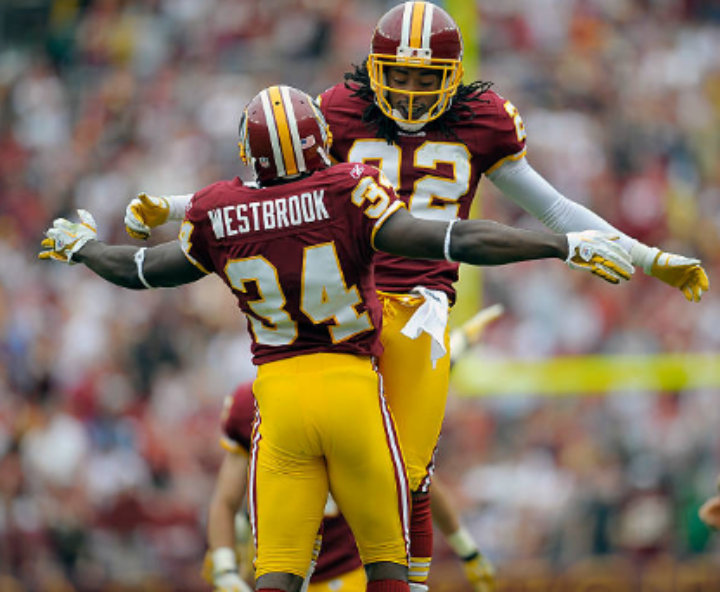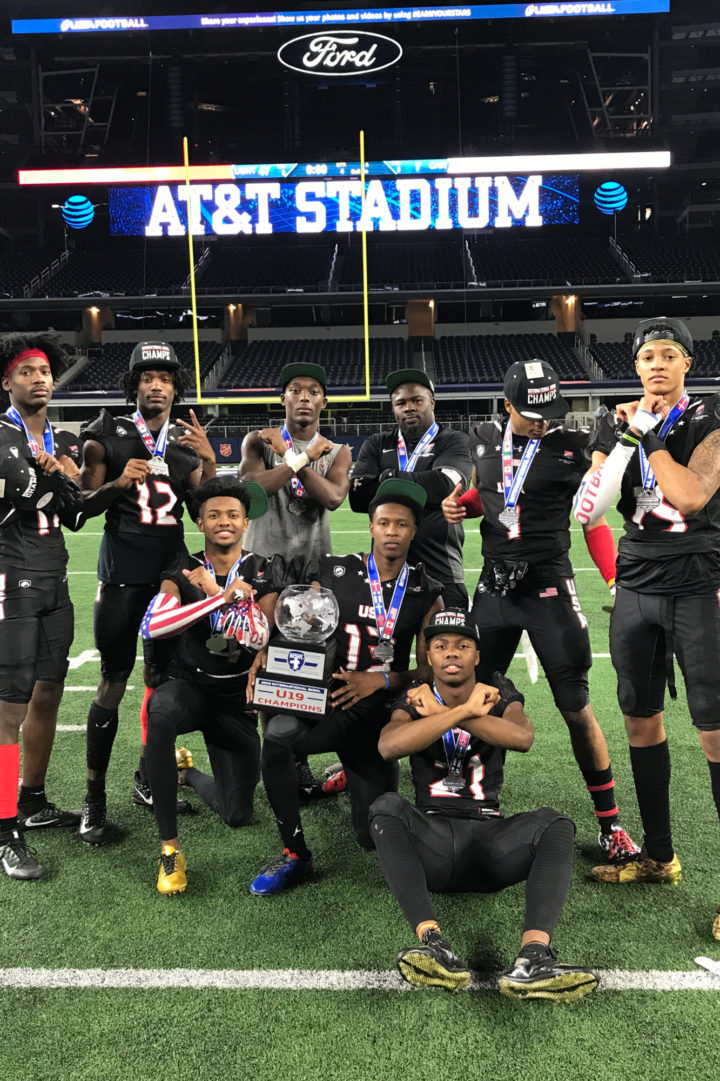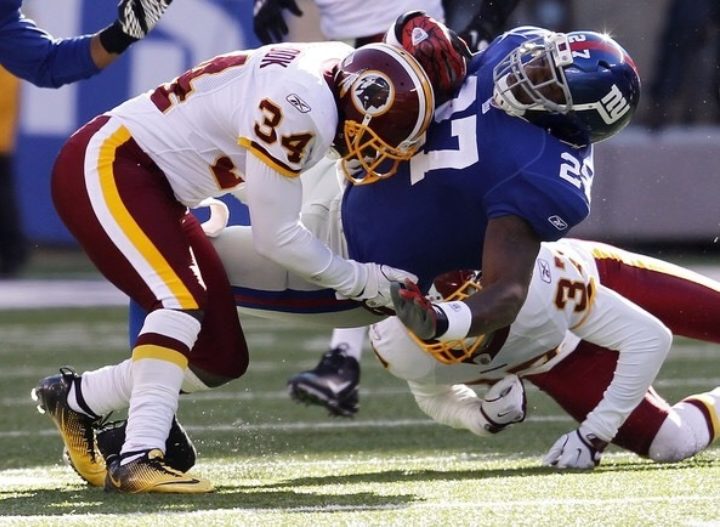The first two or three months you’re in a fog, in a sense. You don’t know what direction you are going in. You go from having a structured lifestyle, both in college and at the professional level when you had scheduled practices, meetings, the weight room and film sessions. Now you're out in the real world and you don’t have a plan, and you are sitting there wondering what is going on. For me, I saved up my money pretty well, and I wasn’t spending a lot of it, I just wasn’t sure what I wanted to do. At the same time, I had an idea but didn’t know how to devise that plan. It took me a year-and-a-half to start implementing that plan.
I knew I wanted to be in the IT world, and my degree was in Information Systems. I understood that it would’ve been easier for me to get a job after college rather than being 5 or 6 years after school, but playing in the NFL was a special circumstance. I did my research went on Google, found out what to do and changed my resume, and the rest was history. I think The Trust helps with all of that now, but when I joined the league, it was just setting up. It is great that this is available. You don’t have to wait two years to decide what you want to do.



